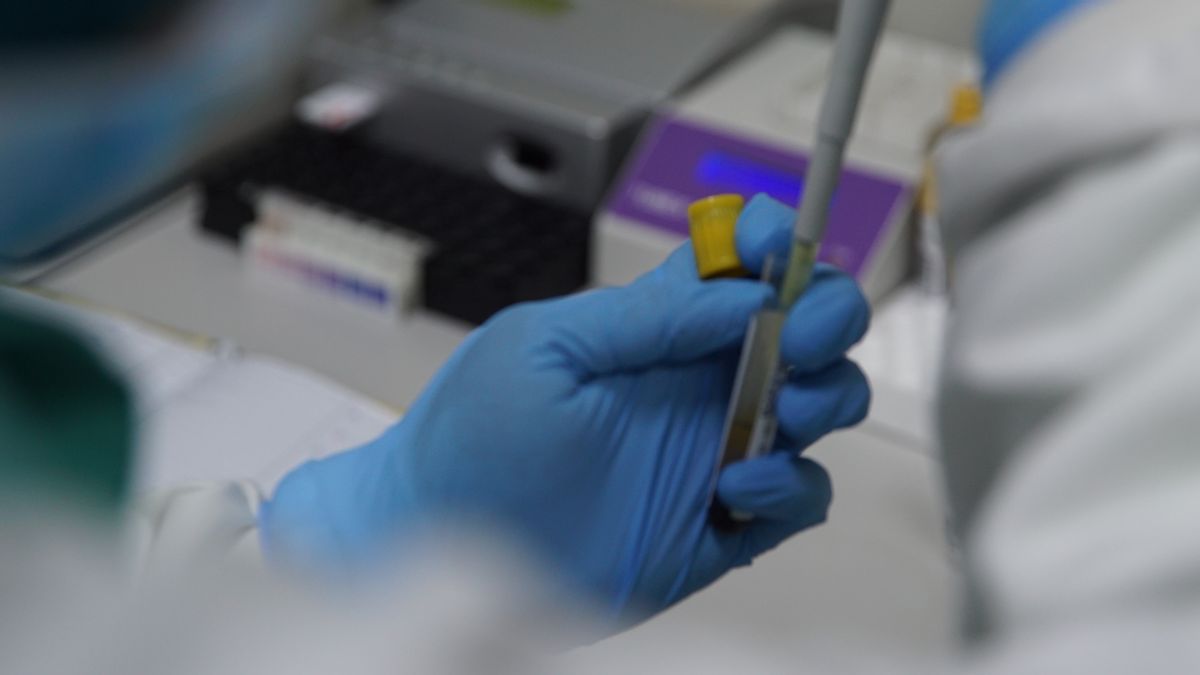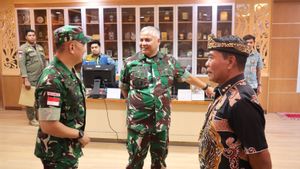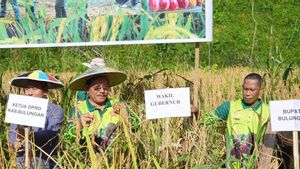JAKARTA - Minister of Research and Technology Bambang Brojonegoro explained that the development of medical equipment procurement and treatment for COVID-19 in Indonesia, both domestic production and imported from abroad.
Bambang said, the Ministry of Health has conducted validation and registration tests for the manufacture of domestic-produced rapid test kits. Once licensed, the rapid test industry can be produced from 50,000 to 100,000 per month.
"In addition to the rapid tests that are already in the validation stage, there are actually 3 more types of rapid tests that are being developed, but it may still take the next 1-2 months. This is expected to meet the need for massive tests," said Bambang at the conference. press broadcast on the Presidential Secretariat YouTube account, Monday, May 11.
Then, the government is also validating the production of a polymerase chain reaction (PCR) based COVID-19 inspection kit in the country. It is hoped that the industry can start producing 50 thousand units of PCR test kits starting at the end of May.
Furthermore, Bambang said the government had tested 4 ventilator prototypes made in the country and one of the tools had entered the clinical trial stage. Testing of this breathing apparatus was carried out by the Health Facility Safety Center (BPFK) of the Ministry of Health.
"The production capacity is approximately 100 ventilators per factory per week. So, it is hoped that this can catch up with our ventilator needs, which are still quite large in various places in Indonesia," said Bambang.
In addition to medical devices, the government is also conducting clinical trials on various types of drugs that are currently widely used in various countries to help cure COVID-19 patients. In addition, clinical trials were also carried out on quinine pills as a component of modern Indonesian original medicine.
Then, Wisma Atlet Hospital is also conducting clinical trials for the manufacture of supplements from various Indonesian herbal ingredients. Its function is expected to increase the body's resistance to COVID-19.
Bambang continued, efforts to convalence plasma or whole genome or chromosome sequencing of DNA and RNA (whole genome sequencing) have also been developed in several hospitals.
"Currently, there is a national protocol for conducting clinical trials against conventions in more hospitals in Indonesia, so it is hoped that it can increase the cure rate of COVID-19 patients," he explained.
Meanwhile, Bambang acknowledged that efforts to make a vaccine for COVID-19 still need time. "But, at least with the initiation of whole genome sequencing, we can detect what types of covid viruses are currently circulating or which are endemic in Indonesia," he said.
The English, Chinese, Japanese, Arabic, and French versions are automatically generated by the AI. So there may still be inaccuracies in translating, please always see Indonesian as our main language. (system supported by DigitalSiber.id)










